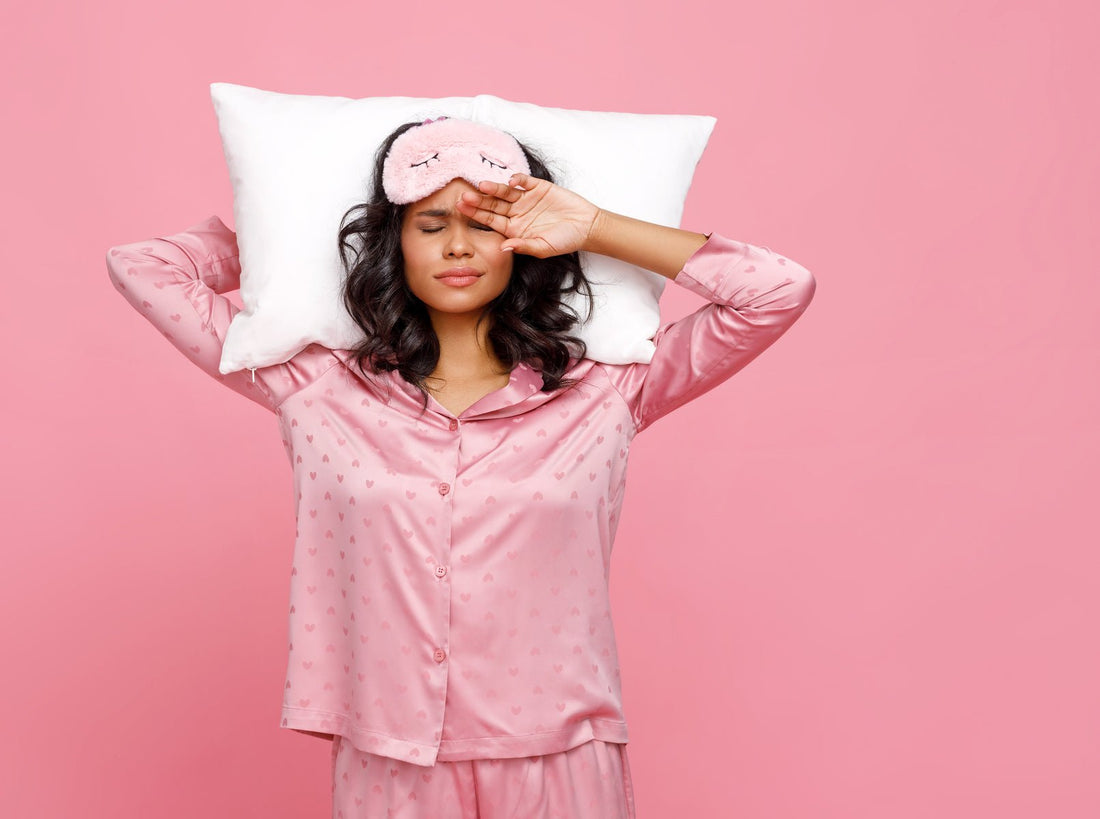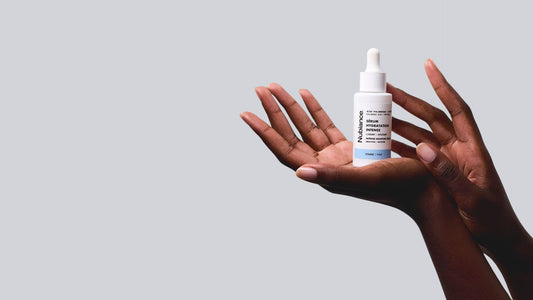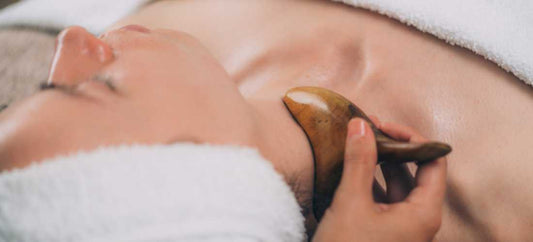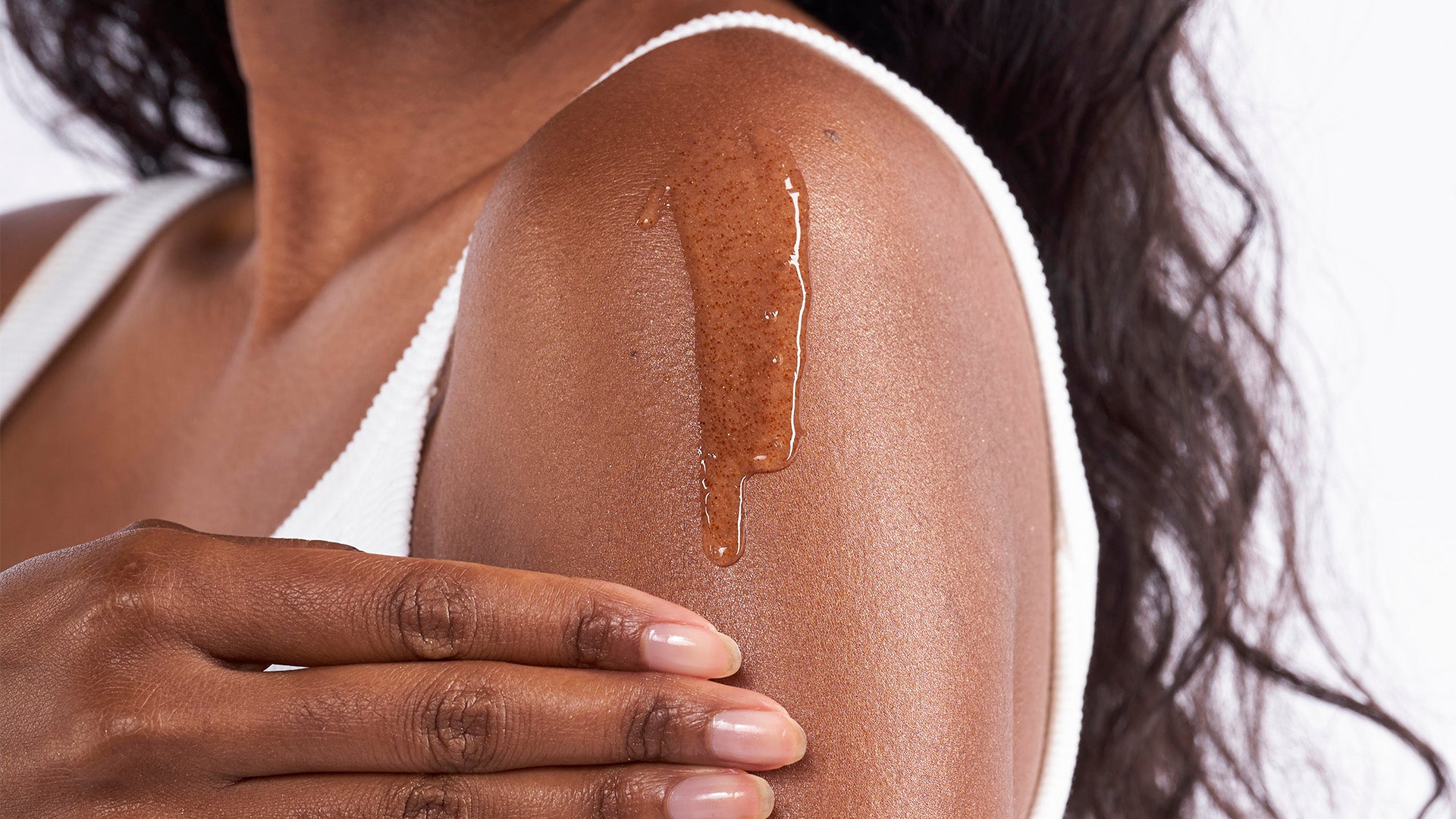
Why is sleep good for our skin?
Partager
You look terrible! You look exhausted! These are remarks that each of us has heard at least once in our lives. And for good reason our sleep seems not to have been restorative. Indeed, sleep has a fundamental role in the recovery process of all the organs and cells of the human body, including the skin. The latter needs a good amount of sleep to recover and regenerate. Discover in this article how sleep and skin are closely linked.
Understanding the skin cycle between day and night
Let's first talk about cutaneous chronobiology to understand how our skin functions day and night and how sleep can impact this process? The skin and mainly the epidermis goes through 4 phases of activity in 24 hours:
Wake
The skin is very sensitive because it lacks water. Hence the importance of the morning beauty routine to help the skin regain hydration and prepare for external aggressions.
The day
As the day progresses, the skin's hydration level also increases. At the start of the afternoon, she experiences a peak in sebum that is particularly visible on combination to oily skin.
The evening
The evening is the right time for cleansing because the skin has accumulated all kinds of polluting particles. It must be cleansed and detoxified properly . You can use our Cleanactyl cleansing gel for deep and gentle cleaning. In the evening, the skin also begins to enter the repair and recovery process.
The night
Freed from its protective role, the skin enters repair mode. Moreover, the peak of cellular regeneration takes place around midnight . This is why you need to have restorative sleep.

How does the skin regeneration process occur?
During the day, the skin's barrier function is at its peak. At night, this shield pauses so that the epidermis can regenerate. Blood microcirculation is activated to increase oxygenation and nutrition of the skin. At the same time, pores open to evacuate impurities and detoxify the skin. It should also be noted that cell renewal is 3 times more intense at night than during the day.
What are the benefits of restorative sleep for the skin?
Restorative sleep is quite simply a natural detox to help the skin purify and regenerate, then prepare for its protective function the next day.
Sleep activates blood microcirculation
Sleep promotes lymphatic drainage to smooth skin grains, brighten facial complexion and combat the effects of fatigue such as dark circles.
Sleep increases collagen and elastin production
During sleep, the body rests, as does the “protective barrier” function of the skin. The latter can then devote all its energy to producing more elastin and collagen, responsible for the suppleness and elasticity of the skin.
Sleep makes us more receptive to beauty treatments
In the evening, take the time to clean the skin thoroughly with micellar water to remove makeup residue and pollution particles. Since pores are more dilated at night, skincare products can penetrate easily. After thorough cleansing, it is important to apply a night cream that helps the skin recover.

What happens when you lack sleep?
A night's sleep may not be restorative due to many things: late partying, insomnia, illness, or any other problem that prevents you from sleeping properly. In fact, the body automatically secretes more cortisol. This is the stress hormone that destroys collagen and elastin in the skin . Thus, the skin loses its radiance, becomes dull and lacks vitality when you wake up. Needless to say, stress is very harmful to health in general.
That's not all, cortisol increases the production of sebum which, if it accumulates uncontrolled, will cause the appearance of countless imperfections. If you accumulate sleepless nights and insomnia, imperfections such as enlarged or blocked pores and pimples will appear very quickly.
But then, how do you find restful sleep?
Several factors come into play to get a good, restful night's sleep.
- Eat correctly: you should eat light 2 to 3 hours before going to bed. We recommend slow sugars which promote the production of melatonin and serotonin and we avoid dishes that are too rich and difficult to digest.
- Relax the atmosphere in the bedroom: you must create an environment conducive to falling asleep by:
- Airing the room for a few minutes before going to bed
- Cutting off all screens at least 30 minutes before bed
- Keeping the room temperature between 16 and 18°C
- Turning off the lights and closing the shutters to isolate yourself
- Doing a mindfulness meditation to forget the worries of the day, pause your brain and refocus on sleep.
By applying these few habits to get better sleep and adopting an effective beauty routine over time, you will be able to see a clear improvement in the condition of your skin.




